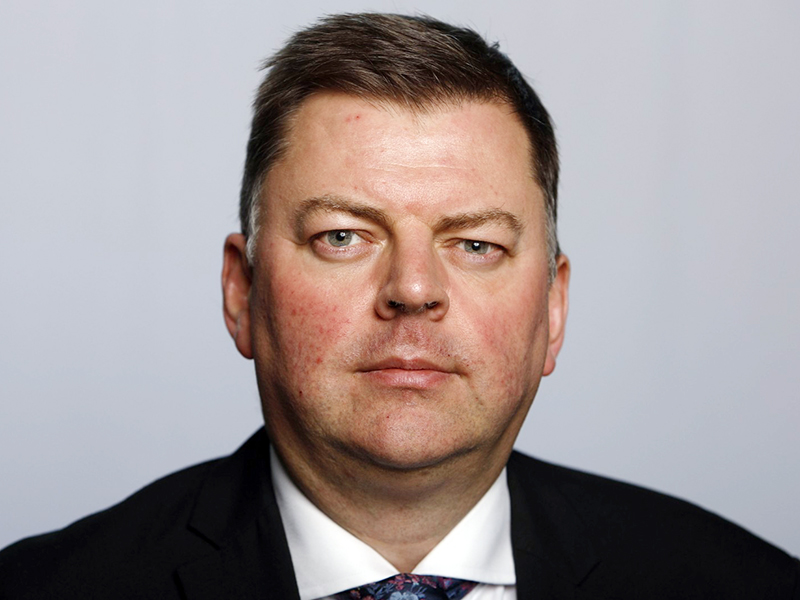Colin Smyth MSP highlights how Scotland’s third sector can improve employment prospects for more disabled people
Achieving fairness is at the root of our work in the Economy and Fair Work Committee. Recently we have investigated the difference in employment rates between disabled and non-disabled people in Scotland, otherwise known as the disability employment gap.
The Scottish Government has committed to halving the disability employment gap by 2038, and progress has been made: the rate has fallen from 37.5% in 2016 to 30.3% in 2023.
However, we have warned the Scottish Government that progress to meet this ambitious target is at risk of stalling unless urgent, targeted action is taken.
Our recent inquiry into the disability employment gap showed that most of the progress is down to more people already in work reporting a disability, not more disabled people finding work. We also learned that people who have learning disabilities or who are neurodiverse are less likely to find work and stay in employment.
The third sector is key to helping the Scottish Government meet the target. Through the provision of local authority employability services, many of which are delivered by third sector organisations, more disabled people can be supported into work through interventions that include wrap-around support and job coaching.
The creation of local employability partnerships to align the services needed across the public and private sectors has been broadly welcomed. However, challenges in the way the provision is organised was raised throughout the inquiry.
While variation arising from different regional challenges is inevitable, there are some excellent programmes across Scotland that can be learned from, such as those delivered by DFN Project Search, Enable, SAMH and the National Autistic Society Scotland.
We have called on the Scottish Government to set out how good practice will be shared to avoid the postcode lottery of services that many spoke of and accelerate progress towards reducing the disability employment gap.
Beyond the way provision is organised, the committee also heard of problems relating to the funding of employability services.
In the last Scottish budget, employability services received a 24.2% cut in real terms. The supply of funding on a short-term basis is also a concern. This can hamper the development of quality relationships that are needed to support disabled and neurodiverse people, and compromise the sustained provision of this support.
We have asked the Scottish Government to outline how it will provide long-term funding certainty to these vital services.
Creating a fairer and more prosperous Scotland is in all our best interests. This includes making sure that disabled people everywhere, who want to work, should have an equitable experience in finding fulfilling work.
The Scottish Government must now put in place a detailed implementation plan, taking on board our recommendations, which will provide clarity on how the target can be achieved and how the third sector can contribute to its progress.
Colin Smyth MSP is the convener of the Scottish Parliament’s Economy and Fair Work Committee and MSP for South Scotland.







